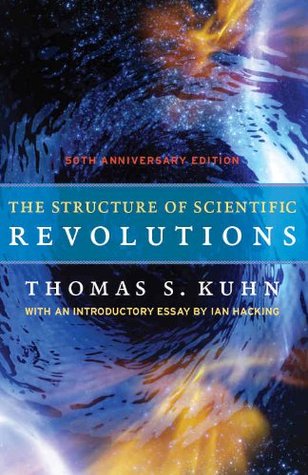By focusing attention upon a small range of relatively esoteric problems, the paradigm forces scientists to investigate some part of nature in a detail and depth that would otherwise be unimaginable.
This strengthens my idea that a paradigm is a type of lens.
The only deceptive thing about using a lens as an analogy is that a lens hints at the fact that you might be able to see a phenomenon in a full spectrum (wholeness). That is not the case with a paradigm. A paradigm is a sort of predictive model.
Perhaps this is better: a paradigm is a sort of **contiguously structured predictive model**.


